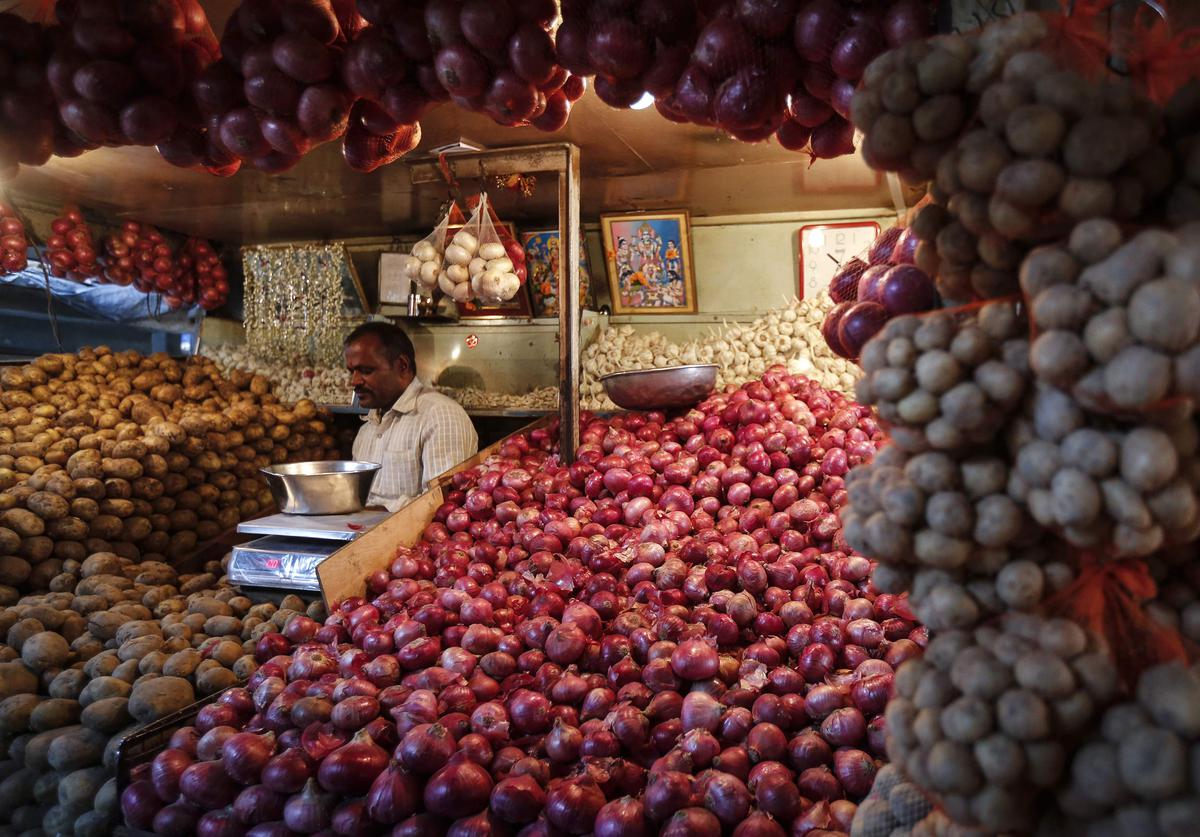On February 19, U.S. President Donald Trump hinted at possible pharmaceutical import duties of about 25 percent, which caused pharmaceutical stocks to plummet, with some falling as much as 10 percent. His warning that it “will be 25 percent and higher, and it’ll go very substantially higher over a year” raised concerns about the effect on Indian medication exports to the United States, the largest pharmaceutical market in the world. On the Nifty Pharma, 12 out of 20 stocks saw a decline in value.
Torrent Pharma and Divi’s Laboratories saw gains of around 2 percent, defying the trend. Macquarie has stated that regulatory tailwinds, the growing CRDMO category, and increasing pharmaceutical outsourcing could all drive growth in the upcoming years.
Nearly 40% of the generic medications used in the United States are supplied by Indian pharmaceutical companies, who are facing increasing difficulties since the industry is still affected by regulatory scrutiny and pricing pressures. In the biggest pharmaceutical market in the world, the proposed tariffs may further reduce margins and reduce the competitiveness of Indian exporters.
Given that the United States is India’s top trading partner and that bilateral trade would exceed $117 billion in 2023, tariffs could have a big impact on India if implemented. Since the U.S. market continues to be the biggest market for Indian exports of products and services, India is particularly vulnerable to changes in U.S. trade policy. Especially significant is the fact that India maintains a trade surplus with the United States, which makes it an essential source of U.S. dollar earnings.
Since taking office last month, the Trump administration has announced increased charges on steel and aluminum and imposed new tariffs on Chinese imports, marking a wider change in U.S. trade policy.
Pharmaceuticals Export Promotion Council of India (Pharmexcil), a government-backed trade organization, reports that India’s pharmaceutical exports to the nation were $8.73 billion in fiscal 2024, up about 16% from the previous year and making up roughly 31% of the industry’s total exports.
This year, pharmaceutical stocks have down almost 12%, while the benchmark Nifty 50 has dropped 4%.

